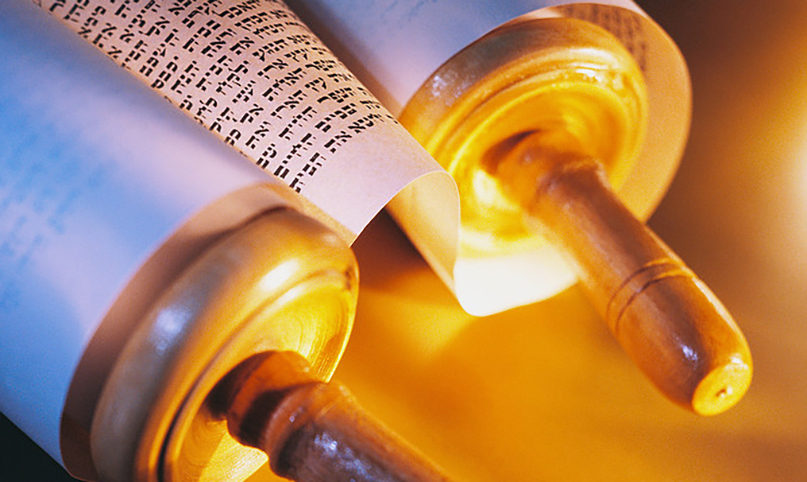
By Rabbi Tzvi Hersh Weinreb
Attempts to question tradition and to stake out new spiritual turf have been typically viewed in our history as heresy and rebellion. Is there no room for creative novelty in our faith? I think there is – and I think that it is none other than Abraham himself who is the first example in the Torah of innovative ingenuity, within the context of religious service.
In this week’s Torah portion, Lech Lecha, we find God describing Abraham as one who “walks before Me”, “hit’halech lefanai…” (Genesis 17:1). Our sages contrast this description of Abraham with an earlier description of Noah, found in last week’s Torah portion. There we read, “Noah walked with God”, “et haElokim” (Genesis 6:9). Noah walked with God, whereas Abraham walked before Him.
Noah walked with God and required Divine support to live his religious life. He was not able to walk before God. He could not take the initiative and strike out on his own. He needed to be certain of God’s will before he could act. Abraham, on the other hand, walked before God. He stepped out on his own and risked acting independently and creatively. He was confident in his own religious judgment and did not require God’s prior approval for all of his actions. Indeed, he dared to challenge God’s own judgment. Thus, we never find Noah speaking out in defense of his generation, nor does he pray for their salvation. Abraham, on the contrary, forcefully defends sinful Sodom and Gomorrah and prays even for his adversaries.
Rav Kook, the first chief Rabbi of the Holy Land, once had to decide a halachic issue by resolving a disagreement between two great Talmudic authorities: the author of Darchei Teshuvah, a monumental anthology of halachic dicta, and the Maharsham, who authored many volumes in response to questions arising from the circumstances of new technological inventions. Rav Kook decided in favor of the Maharsham over the Darchei Teshuva. He argued that whereas the latter was a gaon me’asef, a genius at recording the opinions of others, the former was a gaon yotzer, an inventive genius. The creative authority trumped the expert anthologist.
Research on the phenomenon of human creativity suggests that there are those of us who are convergent thinkers. Our ideas connect and ultimately merge with the ideas of our predecessors and peers. Others think divergently, and their ideas veer from earlier norms and carve out new paths and different solutions. The contrast between Abraham and Noah suggests that although Abraham was the model of ultimate obedience to God’s will, he nevertheless was capable of divergent thinking. He was able to walk before God. Noah, however, could only think convergently and, figuratively speaking, needed to hold God’s hand.
Creativity is not at odds with spirituality and with faithful adherence to meticulous religious observance. We must not be afraid of our own powers of creative thinking.
The realization that there is a place for creativity in the worship of the Almighty is especially essential for those who are responsible for the curricula of our educational institutions. They must be on guard never to stifle the creative impulses which typify youth. They must cultivate those impulses and allow for their expression within our tradition. And we must allow for the development of contemporary Abrahams, and not be satisfied to raise a generation of mere Noahs.







 Southern New England Jewish Ledger
Southern New England Jewish Ledger













